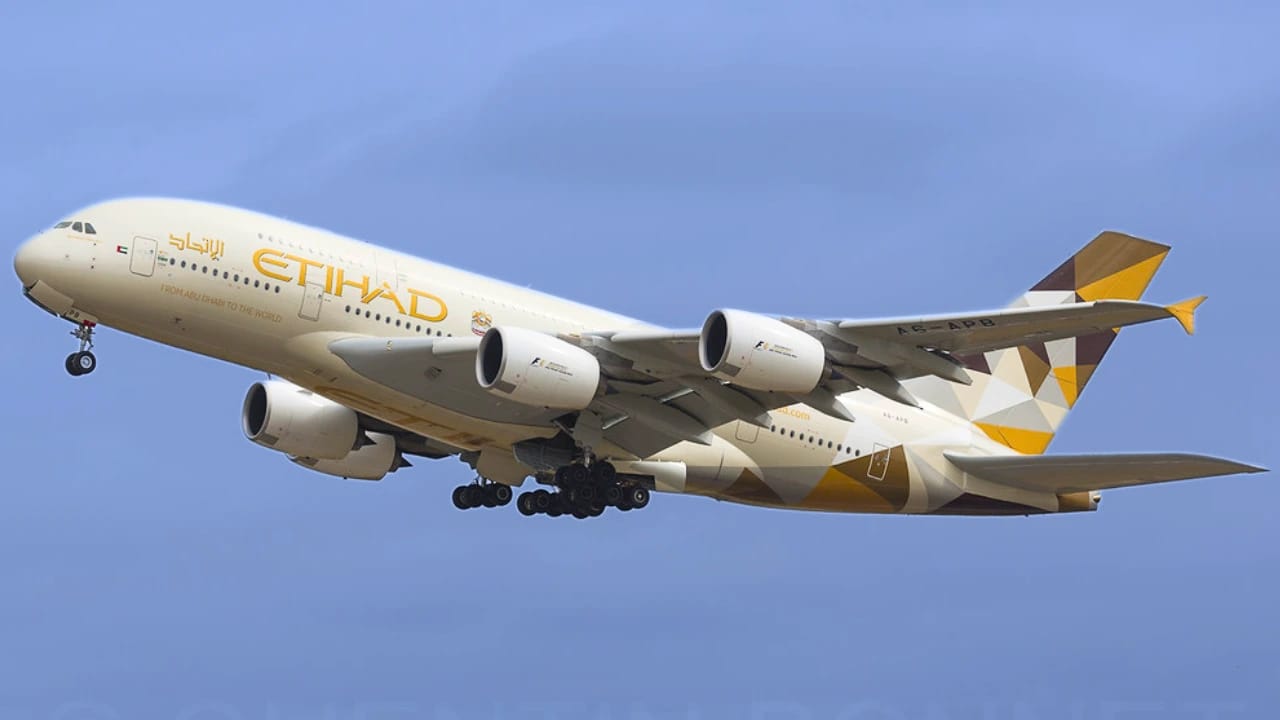Etihad Airways is set to revive two more Airbus A380s from long-term storage, bringing its active superjumbo fleet to nine. While one A380 has been decommissioned for parts, the airline is responding to rising demand and bridging fleet gaps until new aircraft arrive. Maintenance and reactivation are already underway.
Etihad Reboots A380s Amid Rising Premium Travel Demand
Etihad Airways is making a strategic pivot in its fleet management by reactivating two additional Airbus A380 aircraft, the world’s largest passenger jets. This move comes as global demand for premium long-haul travel rebounds and the airline seeks to optimize capacity ahead of new aircraft deliveries.
Key developments and highlights:
- Fleet Expansion
With seven A380s already back in service, Etihad is preparing to reinstate its eighth and ninth aircraft. These jets are currently undergoing return-to-service maintenance at the airline’s Abu Dhabi facilities.
- Decommissioning for Parts
One A380 has been permanently retired and is being used for spare parts. This decision supports the operational readiness of the remaining fleet and reduces dependency on external suppliers.
- Strategic Reversal
Unlike carriers such as Air France that have permanently retired their A380s, Etihad is betting on the superjumbo’s appeal for high-demand routes, especially to Europe, Asia, and the US.
- Storage and Reactivation
The two aircraft being revived were stored in France during the pandemic. Their return reflects Etihad’s confidence in long-haul recovery and premium cabin demand.
- Operational Timeline
The reactivated A380s are expected to join the fleet between late 2025 and early 2027, aligning with Etihad’s broader network expansion plans.
- New US Destination
Etihad is also planning to launch a new US route, leveraging the A380’s capacity and luxury appeal to attract business and leisure travelers.
- Market Context
The move contrasts with industry trends that favored smaller, fuel-efficient aircraft post-pandemic. Etihad’s strategy highlights a niche resurgence for the A380 in select markets.
Etihad’s decision to revive its superjumbo fleet signals a bold commitment to premium service and long-haul growth. As global travel stabilizes, the A380 may once again become a flagship symbol of luxury in the skies.
Sources: Aerospace Global News, Aviacionline, Aviation A2Z

